2024-2025 Microgrant Recipients

Research!America, with support from the Howard Hughes Medical Institute, is awarding microgrants of up to $4,000 to 24 groups led by master’s, PhD, postdoc, or professional students, to initiate civic engagement and educational outreach activities in their communities.
The 2024-2025 Research!America Civic Engagement Microgrant recipients are organizations offering innovative programs for early career researchers to build communication skills and increase their level of engagement with their communities, community leaders, and elected and non-elected government officials.
Microgrants were awarded in three categories: startup funding for new science policy groups, development funding for community events, and digital media funding for the creation of new science policy and civic engagement projects.
Read on to learn about the 2024-2025 recipients.
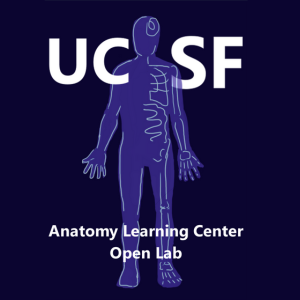
UCSF Anatomy Learning Center Open Lab (ALCOL)
The UCSF Anatomy Learning Center Open Lab will help high school and middle school educators from local Bay Area communities learn from healthcare professionals, flipping their traditional role in the student-teacher paradigm. During the day-long event, educators will watch demonstrations and work with specimens, gaining hands-on science experience. Educators are essential for building the foundation for our next generation of scientists, and ALCOL provides them with opportunities to incorporate new experiences and renewed enthusiasm for science into their pedagogy. Through these connections, ALCOL amplifies its impact, enabling educators to bring their experiences back to their classrooms and influence countless numbers of students in their communities.
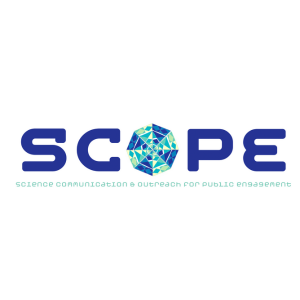 SCOPE (Science Communication and Outreach for Public Engagement)
SCOPE (Science Communication and Outreach for Public Engagement)
SCOPE is a program currently in development by graduate students at the University of North Carolina at Chapel Hill and the University of Oregon. This program seeks to encourage science communication dialogue between early career scientists and the public. The graduate students propose two methods: A webinar series highlighting successful science communication projects, and a two-day, in-person event where early career scientists learn non traditional methods of science communication, such as making science education beer labels at a local brewery. By promoting science communication, SCOPE hopes to facilitate the dissemination of scientific information.
CC LEAD – Community College Learning, Engagement, and Advancement for Development
CC LEAD will engage community college students to encourage greater awareness of the graduate and research opportunities available. This project engages students in two ways: First, early career scientists from Berkeley and Stanford will lead panel discussions at community colleges, and instruct community college students in scientific activities. Second, the community college students will visit labs at Stanford and Berkeley, gaining a real understanding of the environments in which they could work in the future.
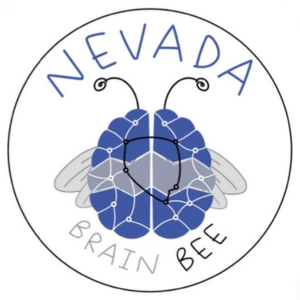 Northern Nevada Brain Bee
Northern Nevada Brain Bee
The Northern Nevada Brain Bee is a day-long event that will engage high school students from Title I and rural high schools in neuroscience tutoring, lab tours, interactive exhibits, lectures, and a neuroscience competition. Rural high school students have a geographic barrier to entry into STEM fields and do not often have opportunities to interact with higher education programs due to their distance from research universities. The Brain Bee seeks to overcome these barriers, allowing rural high school students to engage with science, exposing them to new opportunities to pursue careers in STEM.
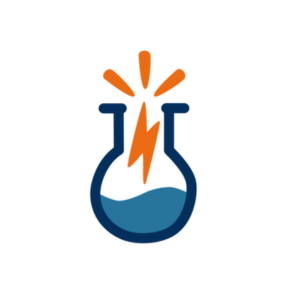 SPARK at Dartmouth (STEM Program for Aspiring Researchers and Kids)
SPARK at Dartmouth (STEM Program for Aspiring Researchers and Kids)
The Dartmouth SPARK group is working with a middle school in the Upper Vermont Valley to continue the GXRLS STEM program. The GXRLS STEM program provides middle school- age students with the opportunity to learn from hands-on science experiments, such as extracting DNA from strawberries, allowing them to engage in science as praxis. The SPARK group seeks to attract students who have been historically underrepresented in STEM fields to science early in their academic careers. This early introduction is a crucial way of establishing a passion for science and can—over time encourage future generations of the scientific workforce.
Belmont University American Pharmacist Association – Academy of Student Pharmacists
Pharmacists are underutilized resources in bringing science to communities. They act as a direct point of connection between the community and the medical field, yet they are often neglected when it comes to advocacy education. The Belmont University American Pharmacists Association seeks to address this problem with the Pharmacy Advocacy Initiative: Preparing Voices of Change. They will give pharmacy students targeted training and the opportunity to interact with policymakers, thereby advancing the role of pharmacists in healthcare advocacy.
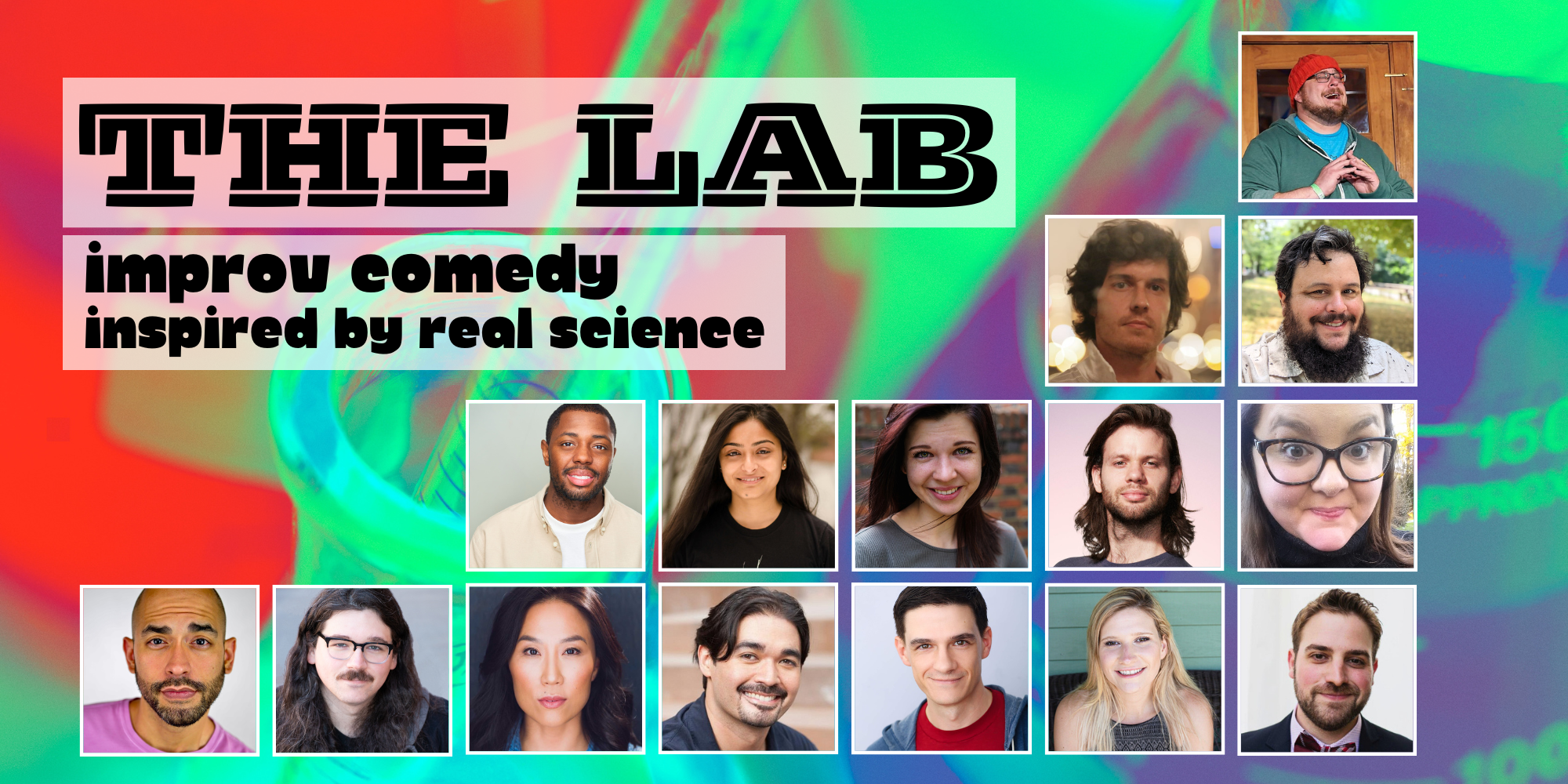 The Lab: A Science-Inspired Improv Group
The Lab: A Science-Inspired Improv Group
The Lab is a collaborative project between Columbia University Neuroscience Outreach (CUNO) and a cast of improvisers from New York City’s comedy scene that aims to make neuroscience more accessible to the public through humor. The team will present three community performances in partnership with the Northern Manhattan Arts Alliance, reaching audiences who do not typically attend traditional science events. Each show will feature a live interview with a guest neuroscientist, followed by an improvised comedy set inspired by the scientist’s life and work, and will end with CUNO providing resources and pathways for continued science engagement.
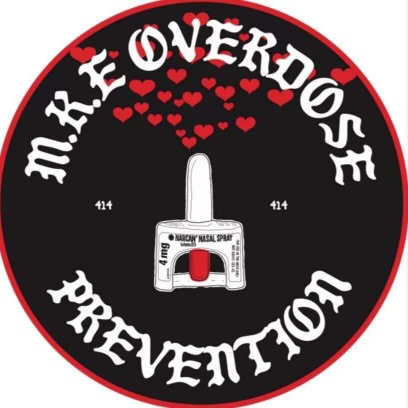 MKE Overdose Prevention
MKE Overdose Prevention
The MKE Overdose Prevention group at Concordia University, Wisconsin, will launch the MKE Safer: Expanding Harm Reduction in Milwaukee program. This group aims to engage with the public about the efficacy of harm reduction campaigns. The MKE Overdose Prevention group will also focus on using social media to destigmatize harm reduction and advocate for the benefits of public health programs.
 Microbiology, Public Health, and History (MPH) Film Festival Organizers
Microbiology, Public Health, and History (MPH) Film Festival Organizers
Health misinformation and disinformation are increasing burdens on the healthcare system. Community interaction is essential for rectifying the post-COVID trust disparity between community members and the medical profession, which can lead to the proliferation of misinformation online. The MPH Film Festival seeks to communicate real public health and science information through storytelling in documentary film. This in- person event is designed to educate and build trust through connections to combat health disinformation.
 Morgantown, WV Health and Wellness Commission
Morgantown, WV Health and Wellness Commission
The Morgantown, WV Health and Wellness Commission will partner with the city’s departments of medicine, pharmacy, and nursing at West Virginia University, as well as local hospitals, to create a multi-faceted science communication and public health event. This event will include educational booths focusing on nutrition, vaccine science, and disease prevention; a town hall with medical professionals from local hospitals and WVU where community members can ask questions about science and health; and a science fair with projects from local middle and high school students. This initiative aims to integrate participation from all age groups and encourage broad attendance from the community.
 Science on the Ballot
Science on the Ballot
The Science on the Ballot group from the National Science Policy Network will host an event, Politics Aside: Connecting Beyond Party Lines, to facilitate bipartisan communication between scientists and policymakers. Partisan views often take the place of data in forming science policy. The goal of Science on the Ballot is to rectify this with bidirectional communication and dialogue through panel discussions, question-and-answer sessions, and dinner table conversations involving scientists and policymakers.
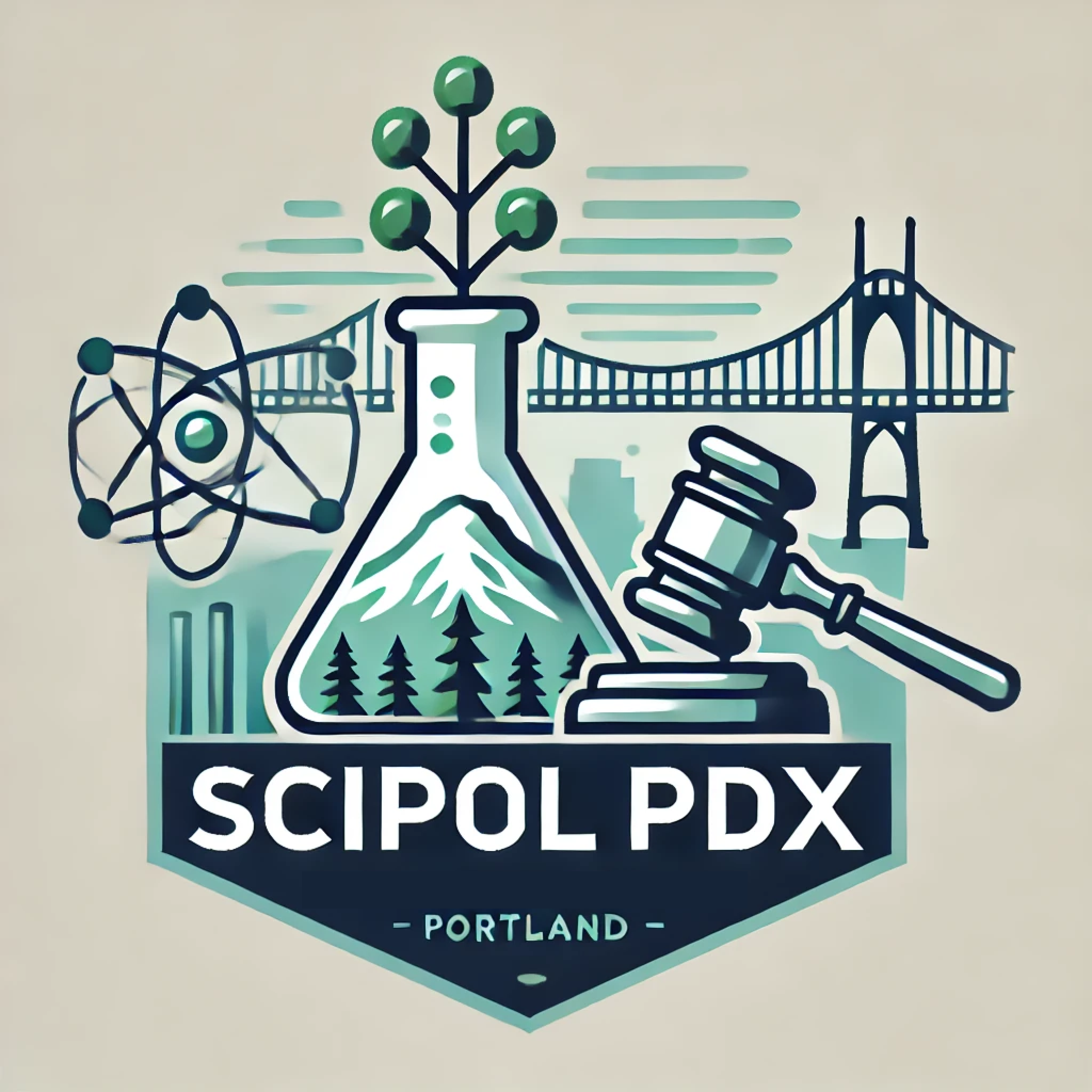 SciPol PDX
SciPol PDX
SciPol PDX at Oregon Health & Science University aims to increase graduate students’ skills in science policy through direct interaction with public officials. To accomplish this goal, SciPol PDX will host events with public officials from the Oregon Legislature to learn more about advocating for research during a budget cycle. Through repeated and direct interaction with officials, SciPol PDX wants to create bidirectional learning and dialogue where students learn the processes and intricacies of policy decisions in the legislature, while officials gain subject-specific knowledge to aid them in policymaking.
Science Policy Society at Penn State
The Science Policy Society at Penn State aims to integrate research into community life. As science-based policy decisions are being made more often at a local level, scientists need to integrate other knowledge and research with their surrounding communities. The Science Policy Society will organize an event, From Campus Research to Community Impact: Advancing Local Policy Using Local Science, which will train researchers how to interact, form connections, and present science to local leaders. The Science Policy Society at Penn State will teach scientists about how evidence-based research is best utilized in policy decisions and develop networks of advocacy between themselves and local policymakers.
 STEM Unbarred
STEM Unbarred
STEM Unbarred is a program focused on providing incarcerated youth better access to science education. Most science education in correctional facilities is exclusively lecture-based. Through STEM Unbarred, organizers provide hands-on lab experiments to juvenile detention facilities, thereby increasing engagement with the STEM curriculum and encouraging young people to consider further STEM education upon release.
Ament Lab
The Ament Lab is a group at the University of Maryland, Baltimore that addresses the lack of bidirectional health policy and research communication between scientists and the community. This group will host a symposium where public health officials can present their research and engage with community members on the opioid crisis in Baltimore. After the presentations, there will be focus group sessions where scientists and community members can engage in dialogue, forming one-on-one connections between experts and the public.
 The Neighborhood Scientists
The Neighborhood Scientists
The Neighborhood Scientists is a group of STEM students at the University of Chicago looking to make science more accessible to underserved communities in the Chicago area. Through a series of events, community leaders and members can participate in activities, such as lectures incorporating humor, to better engage the public. Panel discussions and brainstorming sessions will be held for community leaders and scientists to discuss concerns relating to how science can impact community advocacy efforts.
 Cena y Ciencias
Cena y Ciencias
Cena y Ciencias is a group at the University of Connecticut Health Center creating a dual-language science night with local elementary school students and their families. Cena y Ciencias aims to address issues surrounding a lack of Spanish-language STEM communication, which can lead to an underrepresentation in STEM fields. The dual-language science night creates a cross-generational experience where students and parents can interact with graduate students and faculty from the University of Connecticut, learn about STEM careers and research, and participate in interactive science activities.
 Mitchell Center for Neurodegenerative Diseases
Mitchell Center for Neurodegenerative Diseases
The Mitchell Center for Neurodegenerative Research at the University of Texas Medical Branch will create the 2025 Brain Awareness Week, which is designed to engage the Spanish-speaking community in science. During Brain Awareness Week, the Mitchell Center will address topics including brain health, neuroscience research, and the implications of neurological disorders. This event will include educational lectures, interactive booths, and student contests, all of which encourage students from underrepresented backgrounds to engage with the STEM community.
 Science Policy Advocacy Network at UAB
Science Policy Advocacy Network at UAB
The Science Policy Advocacy Network at the University of Alabama at Birmingham seeks to increase the involvement of scientists in policy. Traditional science education does not teach scientists how to translate their ideas to effectively communicate with policymakers. The Science Policy Advocacy Network will train graduate students in science policy literacy by hosting workshops in science writing for non-scientific audiences. After the training, these graduate students will participate in activities that can enhance connections between scientists and community leaders.
Water Justice Knowledge Exchange
The Water Justice Knowledge Exchange from the University of Arizona is a series of virtual and in-person events revolving around participatory research. During these events, participants from academia will engage with community members about ecology and access to water, a topic that is relevant to Arizona communities, and help them gain an understanding of the opportunities and challenges of collaborative research.
 Project Bridge Colorado
Project Bridge Colorado
Project Bridge Colorado, a group from the University of Colorado Anschutz Medical Campus, will host a STEM Poster Day at the Colorado State Capitol. There, early career scientists from Colorado will present their research on easy-to-understand posters to the public and the Colorado General Assembly. Project Bridge Colorado will prepare the researchers for the poster day through workshops where they will learn how to design visually and linguistically clear messaging that engages non-scientific audiences.
 Missouri Pharmacy Association – St. Louis College of Pharmacy Chapter
Missouri Pharmacy Association – St. Louis College of Pharmacy Chapter
The Missouri Pharmacy Association – St. Louis College of Pharmacy Chapter will organize the event, Show Me MO Pharmacy, at the Missouri State Capitol. Pharmacists play an integral role in the public health landscape. At the Capitol, pharmacy students will show legislators their role in the healthcare landscape through hands-on screenings, drug safety education, and more. In interacting with legislators, pharmacy students will gain advocacy skills, enabling them to further science policy efforts later in their careers.
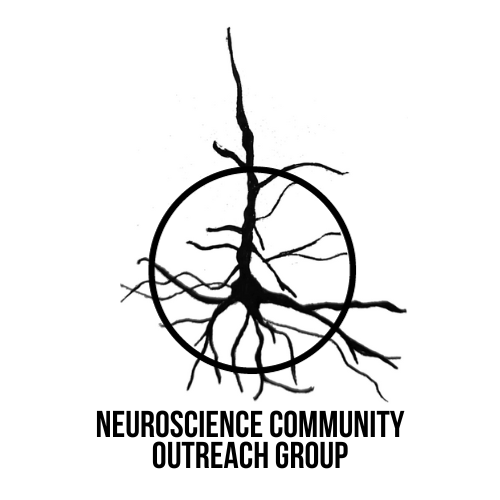 Neuroscience Community Outreach Group
Neuroscience Community Outreach Group
The Neuroscience Community Outreach Group at the University of Washington will host the Brain Awareness Week Open House, an event seeking to engage Seattle-area public school students in neuroscience. The open house will teach students about neuroscience’s societal impact and encourage them to look for a future within STEM fields. At the event, students will learn from distinguished speakers, engage with interactive booths, and have lunch with academics and professionals.
 Pharm4GOOD
Pharm4GOOD
Pharm4GOOD is a group at the University of Pennsylvania focused on providing science education to underserved students in the Philadelphia area. Pharm4GOOD graduate students will establish a weekend pharmacology program at local high schools. This program will educate students about the possibility of STEM careers, especially those in pharmacy, and allow them to foster mentor-mentee relationships with scientists. At the end of the year, the program will culminate in a science fair where students will present their projects to scientists and professionals in STEM fields. The program will provide the organizers with opportunities to improve science education and encourage the future workforce within the biomedical community.




